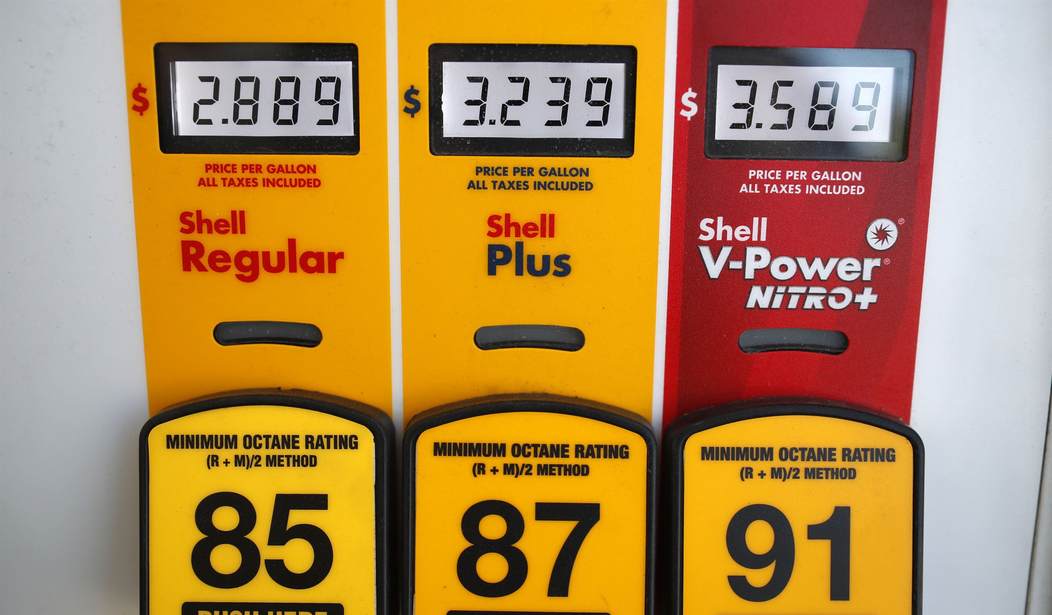The Energy Information Administration reported that the United States did not import any oil from Saudi Arabia in the last week of 2020. There are many reasons for this, and it is likely temporary, but the trend of lower oil imports is happening because of increased domestic oil production in states like New Mexico, North Dakota, and Texas. However, our hard-won national energy security may be short-lived.
It is no secret that it has been a difficult year for the shale oil industry. First, OPEC slashed the price of its oil in March 2020. That was quickly followed by COVID-19 lockdowns and the drop in demand for oil and gasoline. Those two factors have improved somewhat, but in 2021, the domestic energy industry may see a fracking ban on federal lands and a host of new environmental regulations that will deter energy production.
Even so, the biggest challenge facing domestic energy producers is the increasing lack of capital. Environmental and Social Governance (ESG) requirements and the related trend for big banks to deny capital to the traditional energy sector will choke off the capital needed for the continued dominance of the domestic energy sector.
ESG investing, pushed by the largest firms on Wall Street, is the latest effort to force companies to turn away from their core business and divert resources to address the evolving social and environmental concerns of activists.
In North Dakota, the midstream sector needs to invest $20 billion in infrastructure to capture and process natural gas in the years ahead. Billions more are needed for drilling and completing wells and the expansion of the petrochemical sector. The ESG movement will either close access to that needed capital or force the industry to meet its requirements, which will increase costs to consumers.
The U.S. energy industry is just the latest to face ESG and similar social engineering efforts. The tobacco and firearms industries have already been targeted. And with the coming push of Green New Deal policies, other sectors will be targeted. Farming and ranching will be next. And for what? The possibility of an imperceptible impact on the environment?
That is why it is disheartening to watch businesses and policymakers so readily accept the premise of the ESG movement. Facing challenging budgets and the need for capital, oil and gas producers and state policymakers are scrambling to comply with ESG requirements, in order to secure needed funding. This is understandable, but short-sighted.
Implementing ESG policies will increase the price of oil and gas, with consumers footing the bill. ESG policies will also decrease high-paying jobs in the energy sector. And, our domestic energy industry will be at a greater competitive disadvantage because Saudi Arabia, Russia, and others are not playing the ESG game.
And a game it is. Before policymakers shuffle down the path of ESG compliance they should fully understand the goal of the ESG movement. The goal is not to reduce CO2, it is to increase the cost of fossil fuel energy to the point that renewable energy is competitive. It is a backdoor carbon tax. And after companies jump the initial ESG hurdle, they will face much higher hurdles in the future. Eventually, ESG will make it not economically feasible to drill for oil and gas in America. The winners? Saudi Arabia and Russia—they will be happy to sell oil to us.
Policymakers and businesses should look for every available option to avoid playing the ESG game, which leads to fewer good-paying jobs, more taxes, and higher energy prices—without tangible environmental benefit.
States and businesses have some leverage. When choosing money managers for the investment of public money, including state pensions, states should not work with investment firms that actively undermine the state’s economy and its residents. In fact, there is some potential fiduciary liability for the state if public pensions are invested with any objective other than the exclusive financial benefit of plan participants.
States can also require fair access to capital from banks that seek to do business in the state. Banks should not be allowed to redline loans to the energy sector or any other legal business that happens to violate the bank’s heightened social conscience.
State policymakers should not ignore the ESG movement, the threat it poses to capitalism, and the burdens it places on the economy and consumers.
Bette Grande (bette@roughriderpolicy.org) is the CEO of Roughrider Policy Center.













Join the conversation as a VIP Member